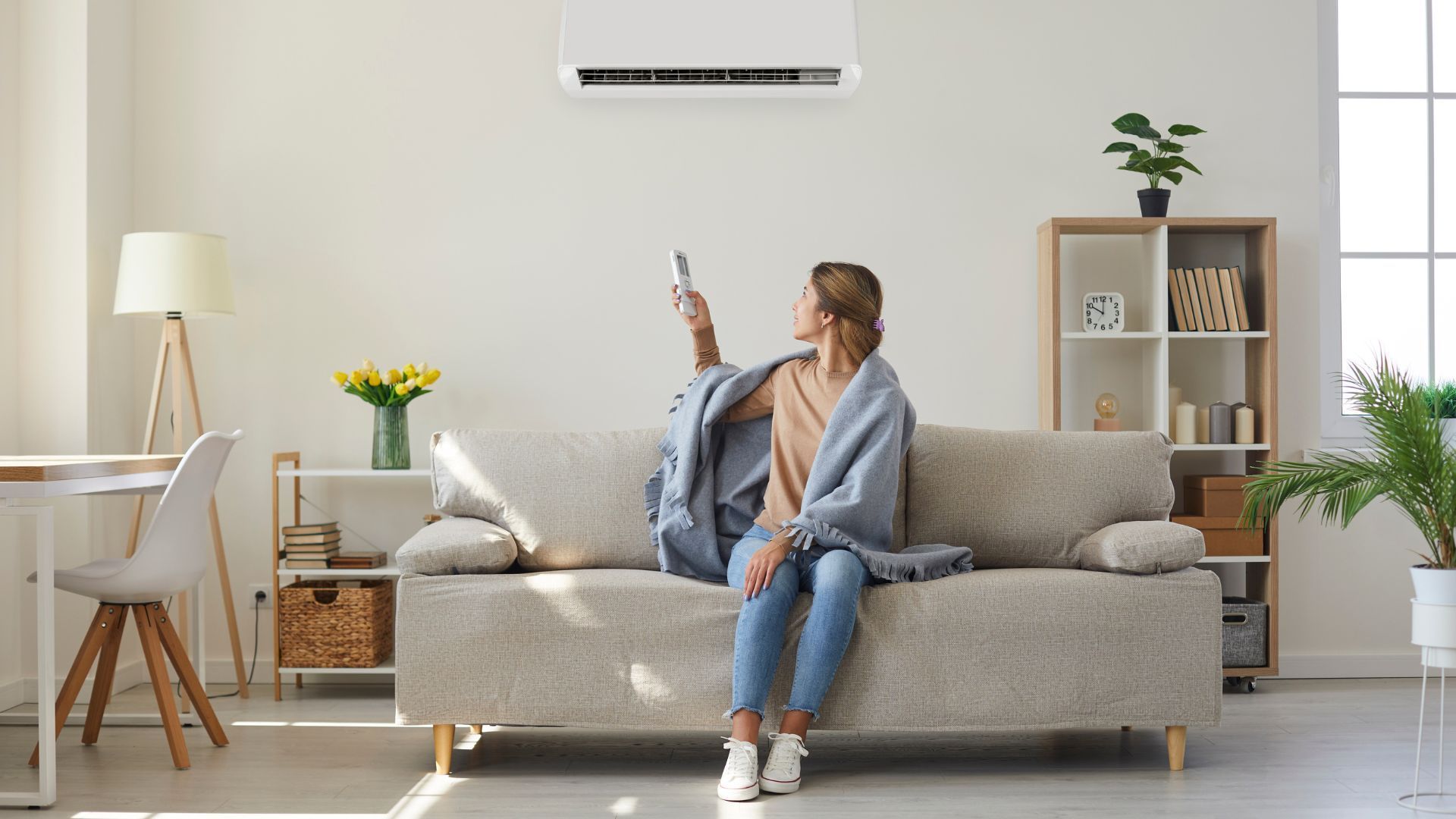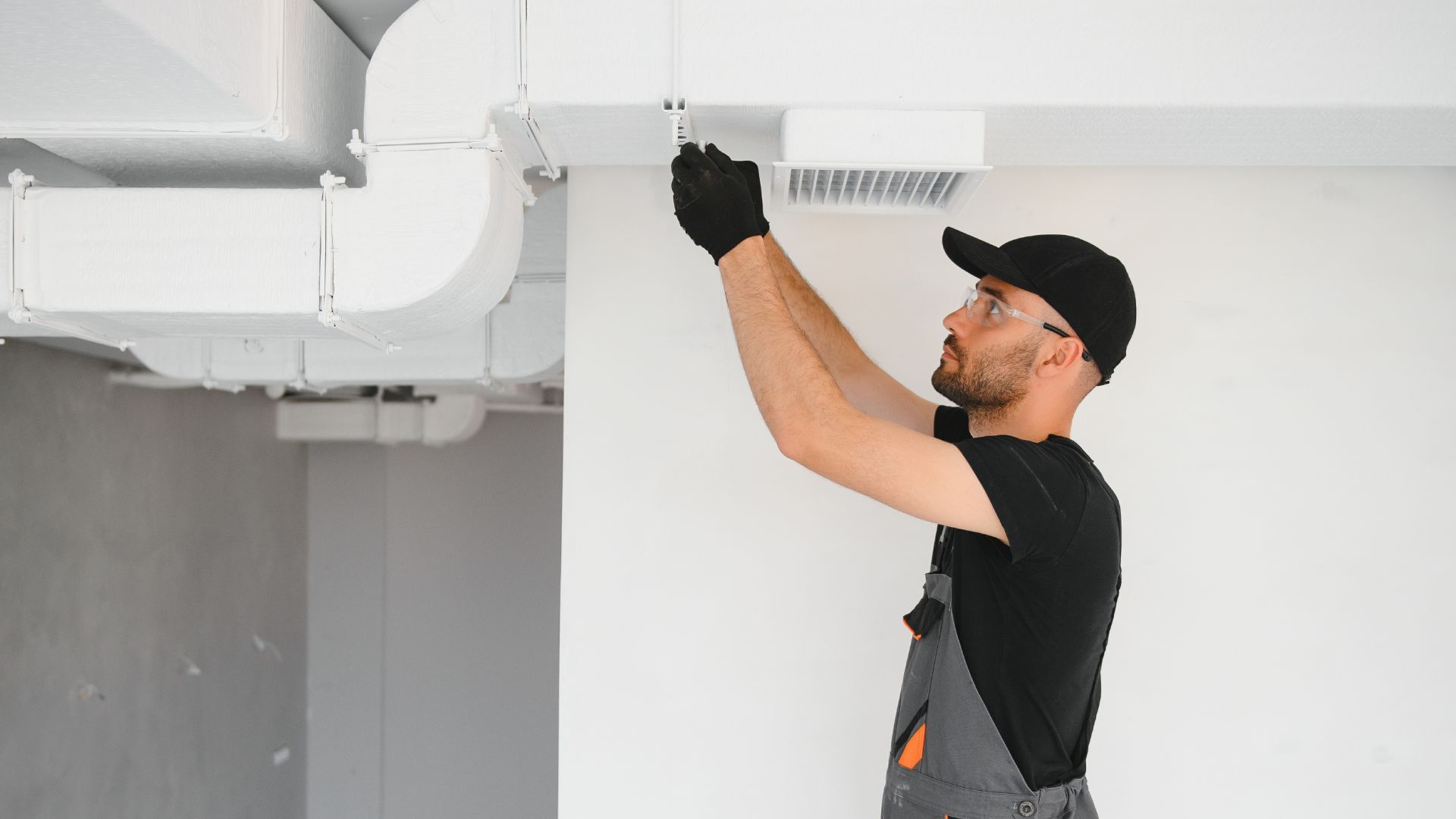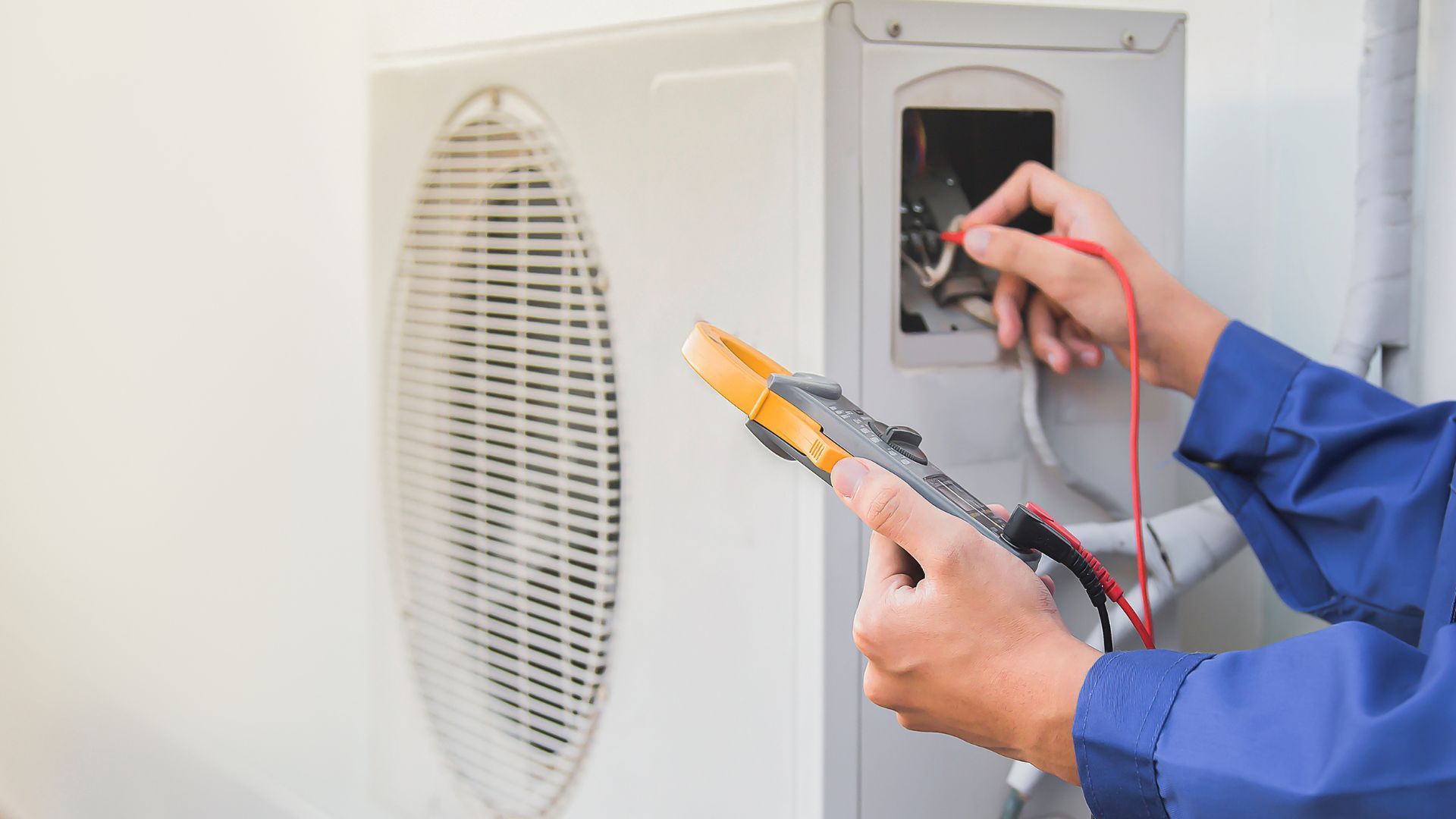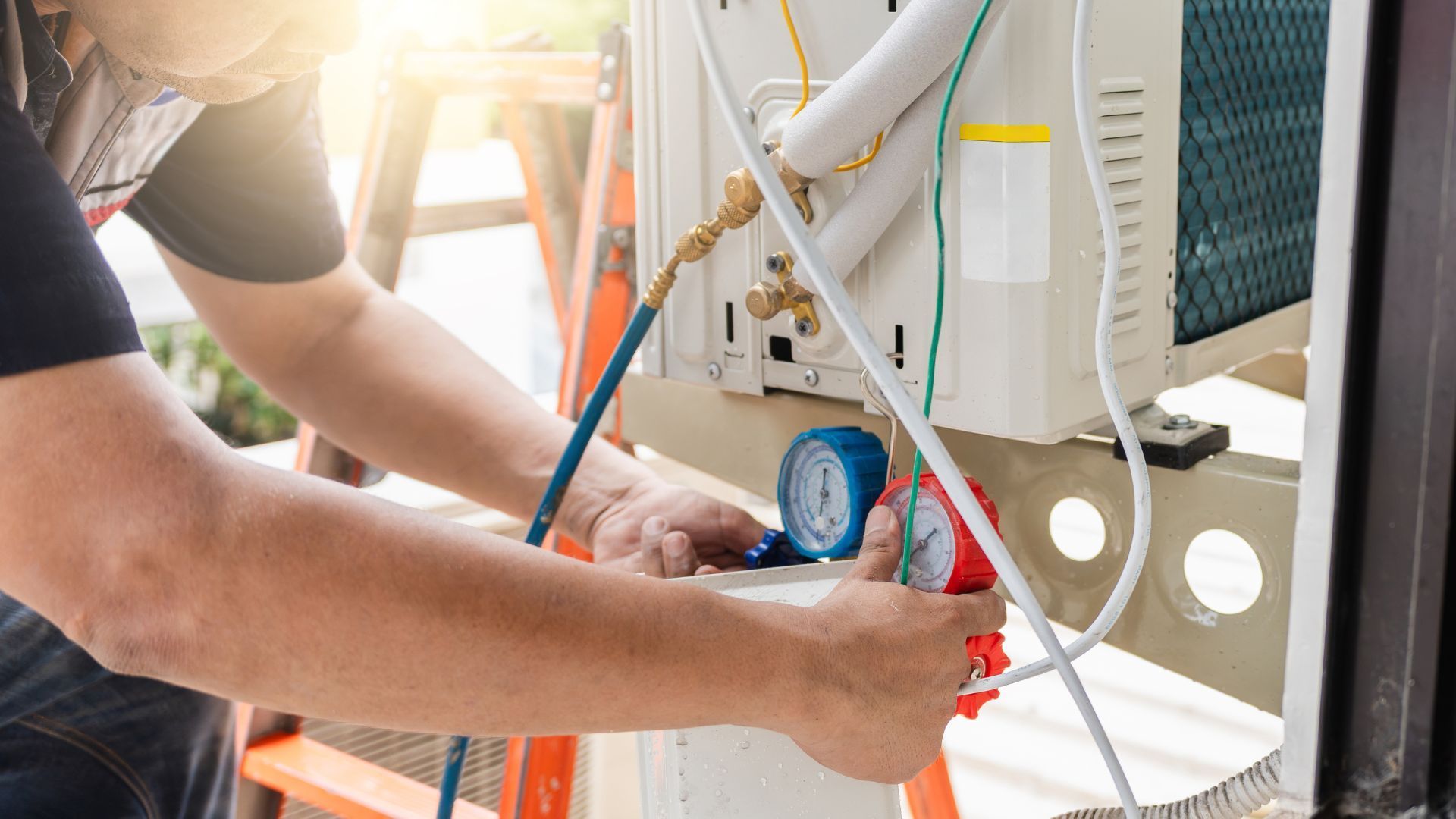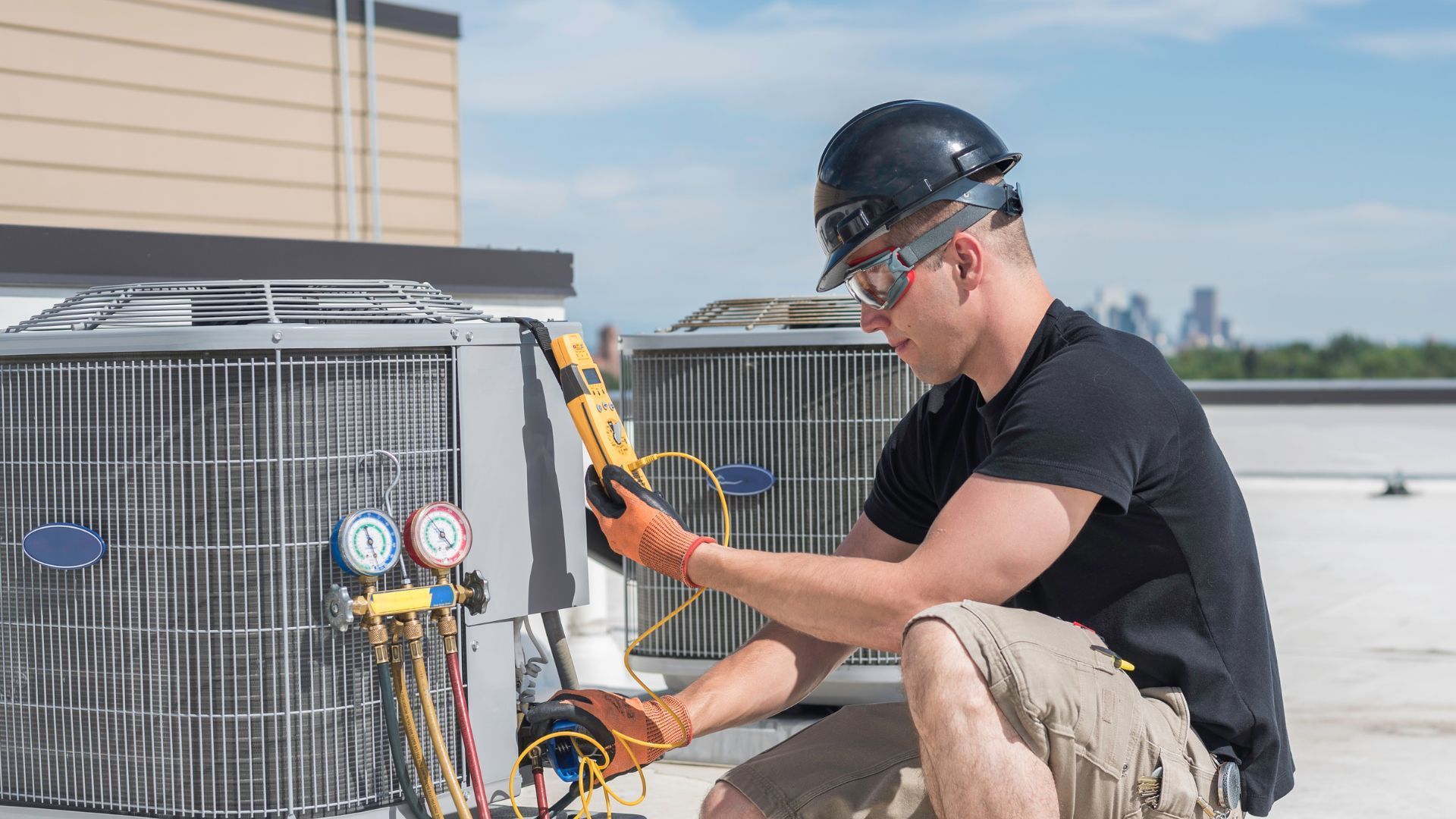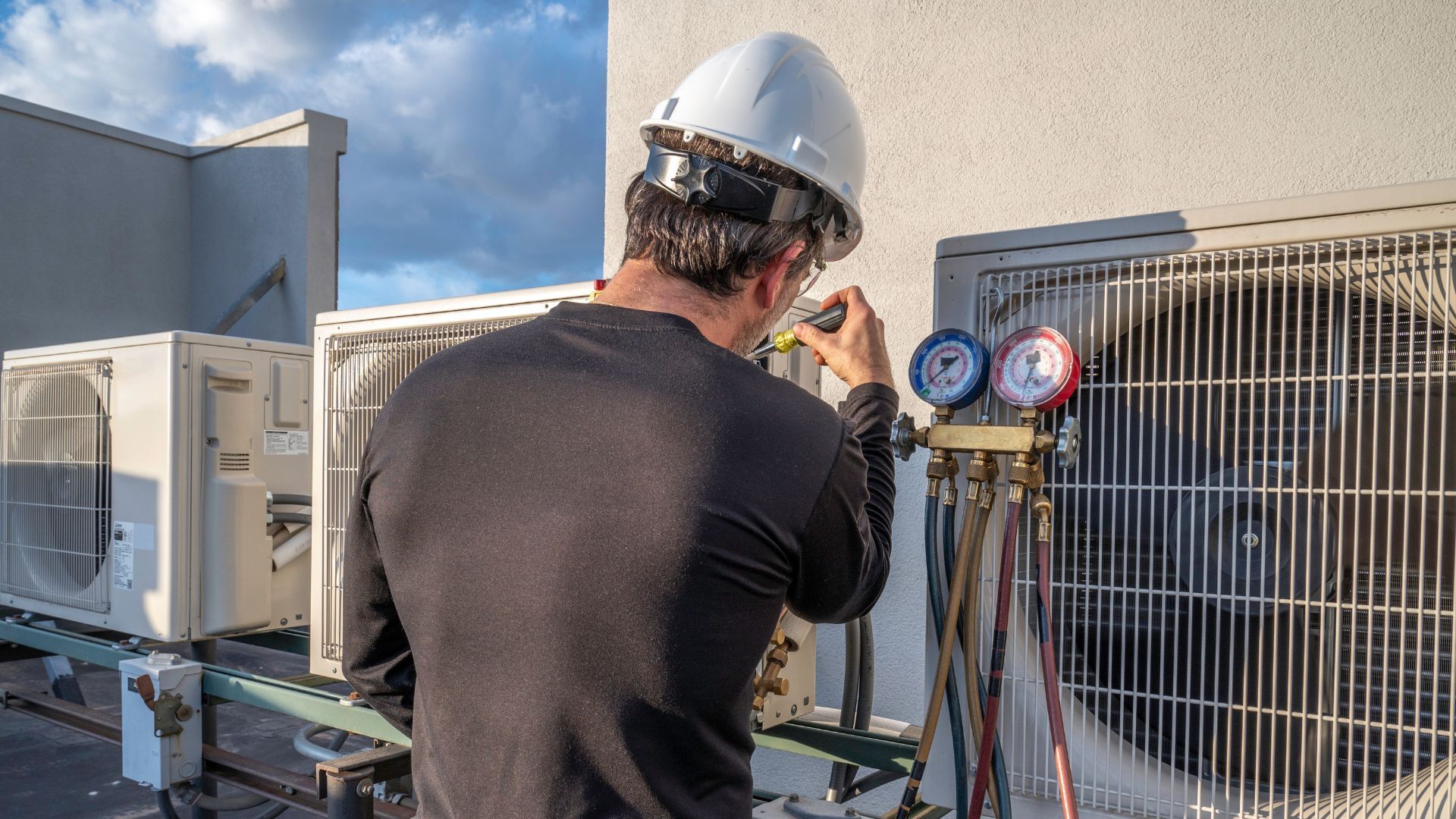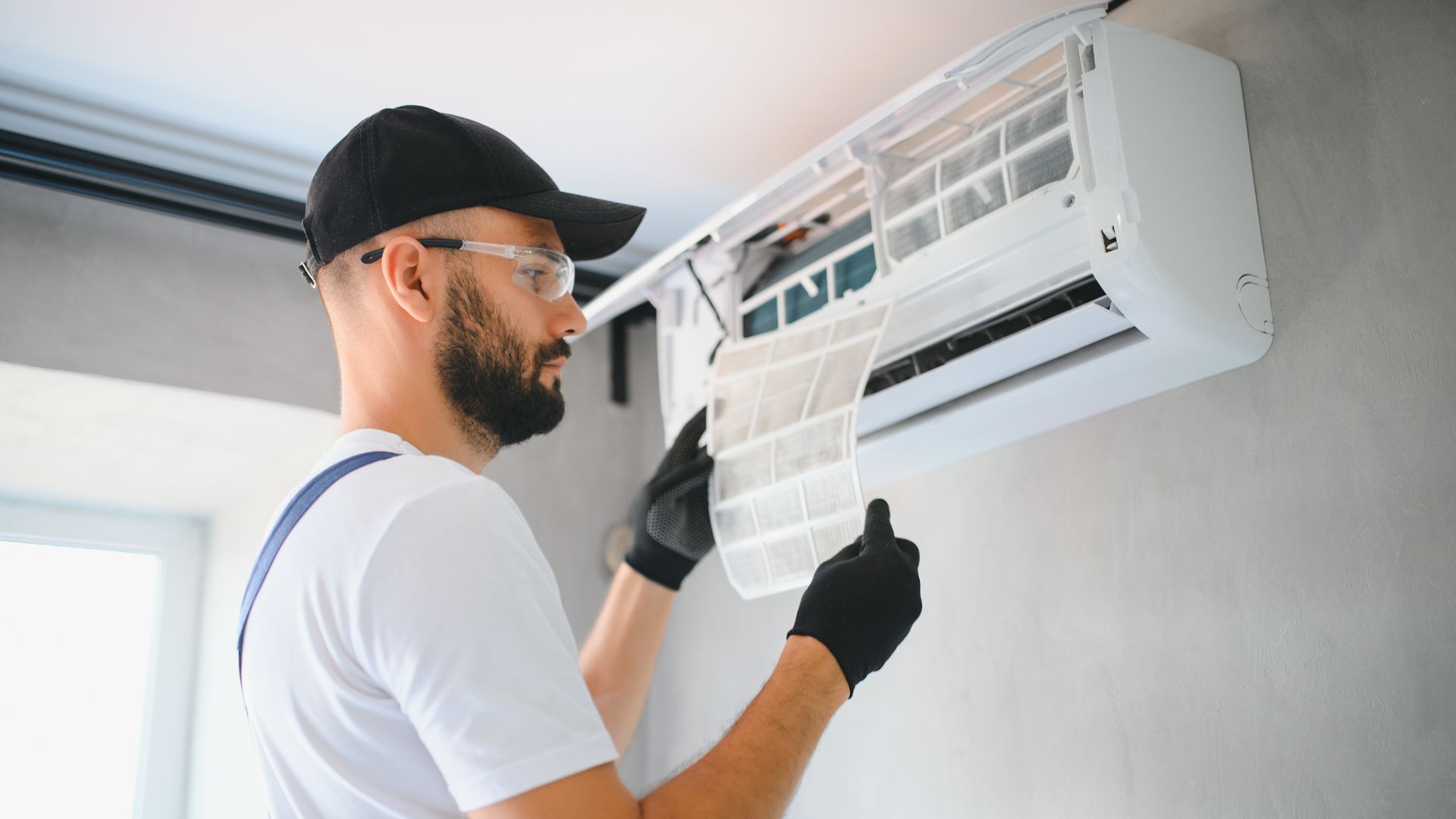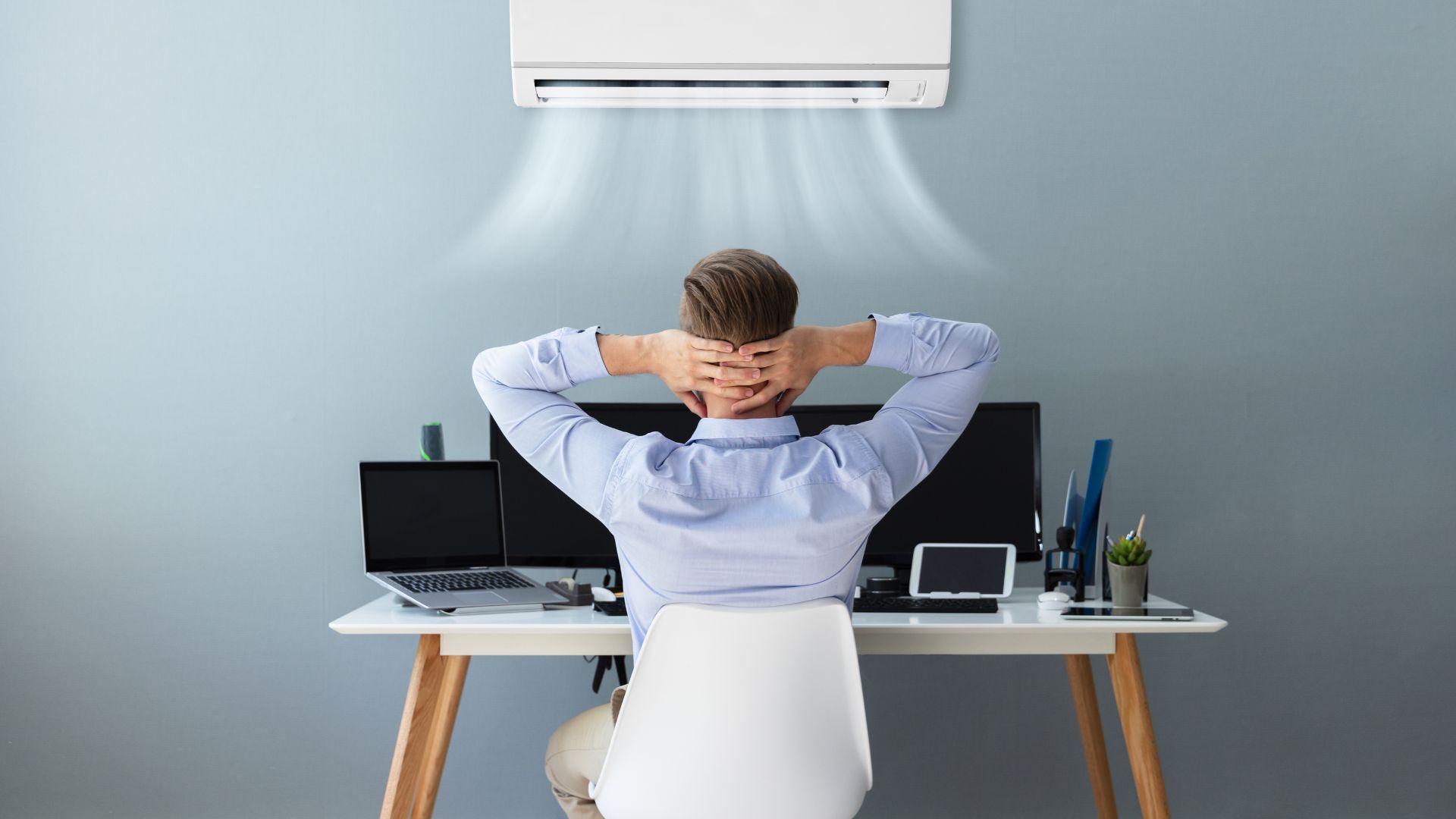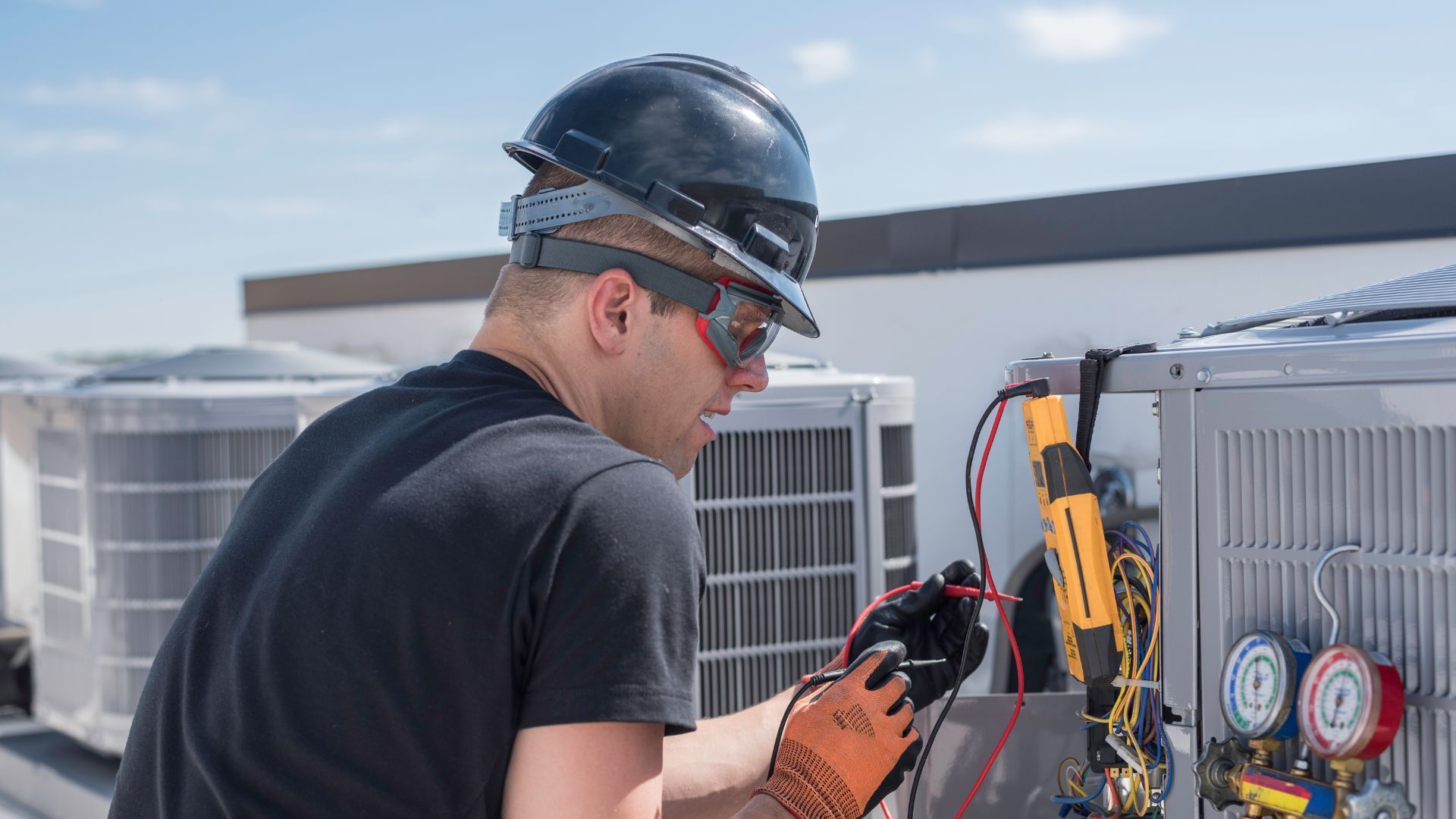Central AC vs. Ductless AC in Rhode Island_ Key Installation Differences Explained
Choosing the right air conditioning system for a home in Rhode Island can be challenging. Many homeowners wonder whether a central AC or ductless AC system is the better option. This article will explore key installation differences between these two systems, covering their specific installation processes, local regulations, and how to choose the right installation professional. By engaging with this content, readers will understand which system best suits their needs, helping them make informed decisions that enhance comfort during the hot Rhode Island summers.
Key Takeaways
- Central AC systems consist of compressors, condensers, and ductwork for effective cooling
- Ductless systems provide installation flexibility and targeted comfort in individual rooms
- Regular maintenance is crucial for ensuring efficient operation and longevity of AC systems
- Installation costs vary significantly based on system type and home requirements
- Familiarity with local building codes ensures compliance during AC installation projects
Understanding Central AC Systems and Their Installation in Rhode Island

Central AC systems comprise essential components, including compressors, condensers, and ductwork, which work together to provide efficient cooling. The installation process involves several steps, from assessing the home's layout to integrating electric heating options. Common challenges include proper sizing and fitting of ducts, while costs vary depending on specific requirements. Regular maintenance, such as filtration checks, is crucial to ensure optimal performance. This section will detail each aspect, offering insights for homeowners in Greenwich considering central AC installation.
Components of a Central AC System
A central AC system typically comprises several key components that work in harmony to deliver efficient cooling and comfort within a home. The primary elements include the compressor, which circulates refrigerant; the condenser, which dissipates heat; and the evaporator coil, which absorbs heat from the air. Additionally, a thermostat regulates the temperature settings and maintains energy efficiency, making it a vital part of any HVAC service. Homeowners in Rhode Island should also consider the ductwork, as proper insulation and sizing are critical for optimal airflow during AC Installation Rhode Island :
| Component | Function | Impact on Efficiency |
|---|---|---|
| Compressor | Circulates refrigerant | Directly influences cooling power |
| Condenser | Dissipates heat | Essential for effective cooling |
| Evaporator Coil | Absorbs heat from air | Impacts indoor air temperature |
| Thermostat | Regulates temperature | Enhances energy efficiency |
| Ductwork | Distributes cool air | Affects airflow and comfort |
Installation Process for Central AC
The installation process for central AC systems in Rhode Island involves several critical steps to ensure optimal performance in the local climate. Professionals assess the home’s layout and recommend zoning options to maximize efficiency, which can be particularly beneficial in larger residences. The integration of existing heating systems, such as heating oil or natural gas, alongside the cooling pump strengthens overall energy use and comfort. By carefully planning installation, homeowners can address potential challenges while enhancing their indoor environment.
Common Challenges in Central AC Installation
Central AC installation in Rhode Island presents several challenges that homeowners must consider. One of the primary issues involves the integration of existing heating systems, such as oil or boiler setups with heat pumps, which requires careful planning to ensure compatibility and efficiency. Additionally, homeowners often face concerns about installation costs, as prices can vary significantly based on system specifications and the complexity of the installation process.
| Challenge | Consideration | Impact on Installation | |
|---|---|---|---|
| Integration with Heating Systems | Compatibility with oil and boiler systems | May require additional modifications | |
| Installation Costs | Price variation based on system choice | Impacts overall budget | |
| Duct Sizing | Proper sizing for airflow | Affects cooling efficiency | |
| Home Assessment | Layout considerations | Influences zoning and placement |
Costs Associated With Central AC Installation
The costs associated with central AC installation in Rhode Island can vary significantly depending on factors such as the size of the home, the type of HVAC system selected, and the complexity of the installation. Homeowners should consider potential expenses, including equipment costs, labor fees, and any necessary air conditioning repair following installation. Additionally, investing in Energy Star-rated systems may qualify homeowners for tax credits, making the initial investment more manageable while enhancing energy efficiency in the long term.
Maintenance Requirements for Central AC
Regular maintenance is essential for the efficient operation of central AC systems. Homeowners should schedule routine checks for the compressor and evaporator to ensure they function effectively, preventing costly breakdowns and enhancing cooling efficiency. Additionally, if any issues are suspected, such as refrigerant leaks or unusual noises, prompt attention can prevent further damage and reduce repair costs associated with the tank and other components.
| Maintenance Task | Purpose | Frequency |
|---|---|---|
| Check Filters | Ensure clean airflow | Monthly |
| Inspect Refrigerant Levels | Verify system efficiency | Annual |
| Clean Coils | Promote effective heat exchange | Yearly |
| Service Compressor | Maintain optimal operation | Annual |
Central AC systems serve many homes well, offering comfort when the heat bears down. Yet, for those seeking flexibility and efficiency, ductless systems present a compelling choice worth exploring.
Exploring Ductless AC Systems and Their Installation in Rhode Island

Ductless AC systems offer unique features such as easy installation and improved indoor air quality. This section discusses the step-by-step installation process, highlighting challenges specific to ductless systems. Additionally, it covers the costs associated with the installation and provides maintenance tips to ensure lasting performance, including insights into brands like Mitsubishi Electric and warranty considerations.
Key Features of Ductless AC Systems
Ductless AC systems present several advantages that cater to the varying needs of homeowners in Rhode Island. One of their key features is the ability to use refrigerant technology, which allows for efficient cooling without the need for extensive ductwork. These systems offer flexibility in installation since each air handler can be mounted in individual rooms, providing targeted comfort and enhanced efficiency. Additionally, when paired with a propane furnace, ductless systems can create a comprehensive climate control solution that operates seamlessly throughout the seasons.
| Feature | Description | Benefit |
|---|---|---|
| Energy Efficiency | Utilizes advanced refrigerant technology | Reduces energy bills and environmental impact |
| Flexible Installation | Includes multiple air handlers for specific zones | Provides customized comfort in different areas |
| Compatibility with Other Systems | Can be integrated with propane furnaces | Ensures year-round climate control |
Step-by-Step Installation of Ductless AC
The installation of ductless AC systems in Rhode Island involves several crucial steps to ensure optimal performance and efficiency. Initially, professionals assess the specific areas of the home to determine the best locations for the indoor air handlers, evaluating space and zoning needs. Following this assessment, the installation process includes mounting the indoor units, running refrigerant lines and electrical connections through walls, and placing the outdoor condenser unit. Completing these tasks with precision guarantees homeowners enjoy efficient climate control tailored to their individual comfort requirements.
Challenges Unique to Ductless AC Installation
The installation of ductless AC systems in Rhode Island presents specific challenges that require careful consideration. One significant hurdle involves determining the optimal placement of indoor units to ensure effective cooling throughout the home, which may necessitate adjustments to existing layouts. Furthermore, the integration of refrigerant and electrical connections can complicate the installation process, particularly in older homes not designed for this technology, leading to potential need for additional modifications:
- Assessing indoor unit placement for efficient cooling.
- Addressing existing home layouts and infrastructure.
- Integrating electrical connections and refrigerant lines.
Costs Involved With Ductless AC Installation
The costs associated with ductless AC installation in Rhode Island can fluctuate based on various factors, including the number of indoor units required and the complexity of the installation site. Homeowners should anticipate expenses relating not only to the units themselves but also to the labor involved in mounting and connecting the systems. Consulting with experienced professionals can provide valuable estimates and insights into potential energy savings, making the investment in ductless systems not only practical but also financially beneficial over time.
Maintenance Tips for Ductless AC Systems
Maintaining ductless AC systems in Rhode Island is essential for ensuring their longevity and efficiency. Homeowners should regularly clean the air filters—often recommended monthly—to facilitate optimal airflow and indoor air quality. Additionally, annual professional maintenance checks can help identify potential issues early, ensuring that refrigerant levels are appropriate and that the system operates efficiently during peak cooling seasons.
Ductless AC systems offer a flexible solution for cooling, but how do they stack up against their central counterparts? As summer heat approaches, understanding the differences in installation can guide homeowners toward the best choice for comfort and efficiency.
Comparing Central AC and Ductless AC Installation in Rhode Island

Installation timeframes for central and ductless AC systems vary, influencing the overall planning process. Cost comparisons reveal distinct financial commitments for each option, while efficiency ratings and energy savings highlight their differing operational benefits. Aesthetic and space considerations also play a role in homeowner decisions, as do the noise levels associated with each system. This section provides practical insights into these critical aspects, aiding homeowners in making informed choices.
Installation Timeframes for Both Systems
The installation timeframes for central and ductless AC systems in Rhode Island can differ significantly, impacting homeowners' planning. Typically, central AC installations may take several days, often involving extensive ductwork adjustments and integration with existing heating systems. In contrast, ductless AC systems can often be installed within a single day, as they require less invasive modifications and are designed for quicker setup, making them an appealing option for those looking for efficiency and minimal disruption to their daily routine.
Cost Comparisons Between Central and Ductless AC
When comparing the costs associated with central and ductless AC systems in Rhode Island, significant differences arise based on installation requirements and overall system design. Central AC systems generally incur higher initial expenses due to the extensive ductwork installation and integration with existing heating systems, while ductless AC systems, requiring less invasive modifications, tend to present a more budget-friendly option at the outset. Homeowners need to consider not only the upfront costs but also potential long-term energy savings, as ductless systems often deliver improved efficiency, which can lower monthly utility bills over time.
Efficiency Ratings and Energy Savings
Efficiency ratings play a critical role in helping homeowners in Rhode Island make informed decisions between central and ductless AC systems. Central AC typically has a Seasonal Energy Efficiency Ratio (SEER) rating, which indicates its cooling efficiency over an entire season and can range from 14 to 22, depending on the model. In contrast, ductless systems often have higher SEER ratings, sometimes exceeding 25, making them a more energy-efficient option that can lead to reduced monthly utility bills. By focusing on these ratings, homeowners can choose a system that not only meets their comfort needs but also offers significant long-term savings.
Aesthetic and Space Considerations
Aesthetic considerations play a significant role when comparing central AC and ductless AC installations in Rhode Island. Central AC systems require extensive ductwork, which may not always blend seamlessly with a home's design, potentially affecting its visual appeal. In contrast, ductless AC units are more discreet and can be strategically placed in individual rooms, allowing homeowners to maintain their interior aesthetics while enjoying efficient cooling solutions tailored to their specific needs.
Noise Levels of Central vs. Ductless Systems
Noise levels are a significant consideration when evaluating central AC and ductless AC systems. Central AC units typically generate more sound due to the robust operation of their compressors and the movement of air through extensive ductwork, which can lead to noticeable indoor noise. In contrast, ductless AC systems operate more quietly as their indoor units, mounted in specific rooms, use advanced technology to minimize sound, creating a more comfortable environment for homeowners in Rhode Island.
- Central AC units produce more noise due to compressor operation and ductwork airflow.
- Ductless AC systems are generally quieter, enhancing in-home comfort levels.
- Consider noise levels when selecting an AC system to ensure a peaceful indoor atmosphere.
Understanding the differences between central and ductless AC systems is only part of the story. Next, local regulations will shape how these systems can be installed in Rhode Island, making it crucial to grasp what permits may be necessary.
Local Regulations and Permits for AC Installation in Rhode Island

Understanding local building codes is essential for homeowners in Rhode Island considering AC installation. Necessary permits differ for central and ductless systems, with specific requirements impacting the installation process for each. Local regulations not only ensure safety but also influence homeowners' choices, guiding them in selecting the most suitable cooling solution based on compliance factors.
Understanding Local Building Codes
Understanding local building codes is fundamental for homeowners in Rhode Island considering either central or ductless AC installation. These codes dictate the requirements for installation, ensuring systems are safely and efficiently integrated into existing structures. Compliance with local regulations not only prevents potential fines but also guarantees that the system operates optimally, contributing to energy efficiency and overall comfort:
| Type of AC System | Required Permits | Key Regulations |
|---|---|---|
| Central AC | Building and electrical permits | Must meet efficiency standards and safety codes |
| Ductless AC | Building permit (may vary by municipality) | Installation must comply with zoning and safety regulations |
Necessary Permits for Central AC Installation
For homeowners in Rhode Island planning central air conditioning installation, obtaining the necessary permits is essential to ensure compliance with local building codes. Typically, these installations require both building and electrical permits to guarantee safety and adherence to efficiency standards. Engaging with local authorities early in the planning process can streamline approvals and prevent delays, allowing for a smoother installation experience:
| Permit Type | Description | Required For |
|---|---|---|
| Building Permit | Approval for structural changes and system installation | All central AC installations |
| Electrical Permit | Authorization for electrical connections and wiring | When electrical work is involved in installation |
Required Permits for Ductless AC Installation
For ductless AC installation in Rhode Island, homeowners must obtain specific permits to ensure compliance with local building codes. Typically, a building permit is necessary, as it verifies that the installation meets safety and efficiency requirements. In some municipalities, additional permits may be required, especially when electrical work is involved, making it essential for homeowners to consult local regulations early in the planning process to streamline approvals and avoid potential delays.
How Local Regulations Affect Installation Choices
Local regulations significantly influence homeowners' choices between central and ductless AC systems in Rhode Island. Each type of installation may have varying permit requirements and compliance factors that directly impact the overall project. For instance, central AC systems often necessitate both building and electrical permits due to their extensive system integration, while ductless installations typically require fewer approvals, potentially streamlining the process for homeowners seeking quicker solutions.
| Type of AC System | Permit Requirements | Impact on Installation Choices |
|---|---|---|
| Central AC | Building and electrical permits required | Longer approval times; complex installations |
| Ductless AC | Building permits (may vary by municipality) | Faster installation; fewer regulations |
Now that the regulations and permits are clear, questions remain. Let's address the common concerns about AC installation in Rhode Island.
Frequently Asked Questions About AC Installation in Rhode Island

Understanding the differences in efficiency between central and ductless AC systems is vital for homeowners in Rhode Island. This section addresses important considerations, such as how to choose the right system, the typical lifespan of each option, and the feasibility of switching from central AC to ductless. These insights will assist homeowners in making informed decisions about their cooling solutions.
What Are the Differences in Efficiency?
Efficiency differences between central air conditioning (AC) and ductless AC systems are significant and should inform homeowner decisions in Rhode Island. Central AC typically operates with a Seasonal Energy Efficiency Ratio (SEER) that ranges from 14 to 22, depending on the model, indicating its cooling efficiency over the entire season. In contrast, ductless systems often achieve higher SEER ratings, sometimes exceeding 25, which translates to enhanced energy savings and lower utility bills, making them a more attractive option for households aiming to reduce long-term costs while enjoying consistent indoor comfort.
How Do I Choose Between Central and Ductless AC?
When deciding between central air conditioning and ductless AC systems, homeowners in Rhode Island should consider their specific needs, including the size of their homes, budget constraints, and existing infrastructure. Central AC systems are well-suited for larger spaces requiring consistent cooling across multiple rooms, while ductless systems offer flexibility for individual zones, making them ideal for smaller homes or if certain areas need targeted cooling. Evaluating heating integration, installation complexity, and long-term energy savings can also significantly influence the right choice:
| Factor | Central AC | Ductless AC |
|---|---|---|
| Installation Complexity | Requires extensive ductwork | Less invasive installation |
| Installation Complexity | Requires extensive ductwork | Less invasive installation |
| Cost | Higher initial investment | Generally lower upfront costs |
| Efficiency | SEER ratings range from 14-22 | Often exceed SEER ratings of 25 |
| Flexibility | Less adaptable to zoning | Customizable for different rooms |
What Is the Lifespan of Each System?
The lifespan of central AC systems typically ranges from 15 to 20 years with proper maintenance, while ductless AC systems can last around 20 years or longer due to their fewer mechanical components and lower wear. Homeowners in Rhode Island should keep in mind that regular servicing and maintenance can significantly extend the life of both systems, ensuring optimal performance and reliability throughout their operating years. Understanding these longevity expectations can help homeowners make informed decisions regarding their cooling needs and budget for future replacements or upgrades.
Can I Switch From Central AC to Ductless AC?
Transitioning from central AC to ductless AC systems is indeed feasible for homeowners in Rhode Island. This switch can enhance energy efficiency and comfort levels, especially in properties where ductwork is outdated or insufficient. Key considerations include ensuring that the electrical systems can accommodate the new units and evaluating the need for zoning options based on individual room requirements:
- Evaluate existing infrastructure.
- Consider energy efficiency benefits.
- Assess electrical requirements for ductless units.
- Review zoning options for personalized comfort.
Choosing the right professional is as vital as your choice of system. A skilled installer will ensure your home stays cool and comfortable when it matters most.
Selecting the Right AC Installation Professional in Rhode Island

When selecting an AC installation professional in Rhode Island, homeowners should consider several essential factors. Key qualities include experience and licensing, while questions about installation methods and timelines can provide further clarity. The importance of reviews and references cannot be overstated, as they offer insight into past performance. Securing multiple quotes helps ensure competitive pricing, and understanding warranty and service agreement details can safeguard against future issues.
Qualities to Look for in an AC Installer
When selecting an AC installer in Rhode Island, homeowners should prioritize experience and licensing as crucial qualities. Professional installers should possess up-to-date certifications that align with local codes and best practices, reflecting their knowledge of both central and ductless AC systems. Additionally, positive customer reviews and references can provide valuable insights into an installer's reliability and quality of work, helping homeowners make informed decisions that lead to optimal cooling solutions for their homes.
Questions to Ask Before Hiring
Before hiring an AC installation professional in Rhode Island, homeowners should inquire about their experience with both central and ductless systems. Understanding their familiarity with local building codes and installation practices can significantly impact the success of the project. Additionally, asking about the estimated timeline and potential disruptions during installation will help homeowners set realistic expectations for their cooling solution process.
Reviews and References Importance
Reviews and references play a vital role in selecting the right AC installation professional in Rhode Island, particularly when considering central AC versus ductless AC systems. They provide insights into the installer's reliability, quality of work, and customer satisfaction. Homeowners should seek testimonials from previous clients, as these experiences can highlight efficiencies, challenges, and the overall performance of the installation process, aiding in making well-informed decisions:
- Seek positive testimonials from prior clients.
- Understand the installer's experience with both central and ductless systems.
- Evaluate the quality of work and customer satisfaction through reviews.
Importance of Getting Multiple Quotes
Obtaining multiple quotes is essential for homeowners in Rhode Island when selecting an AC installation professional. It allows for comparison of pricing, services, and warranties, giving homeowners a clearer understanding of the investment required for both central and ductless AC systems. By gathering several estimates, homeowners can avoid overpaying and identify contractors who offer the best combination of quality and value, ensuring satisfaction with their chosen cooling solution:
- Compare prices to find competitive rates.
- Evaluate the range of services offered.
- Assess warranty options and coverage details.
- Identify experienced contractors based on multiple insights.
Warranty and Service Agreement Considerations
When homeowners in Rhode Island choose an AC installation professional, understanding warranty and service agreement considerations is vital. A strong warranty can protect the investment in either central AC or ductless systems, covering parts and labor for a specified duration, which minimizes future expenses related to repairs. Homeowners should carefully review the terms of service agreements to ensure they receive regular maintenance options and understand the procedures for addressing potential issues, thereby enhancing the longevity and performance of their cooling system.
Choosing between central AC and ductless AC systems in Rhode Island significantly impacts homeowners' comfort and energy efficiency. Understanding the distinct installation processes, costs, and maintenance requirements for each option empowers homeowners to make informed decisions. By evaluating system efficiency, installation timelines, and local regulations, individuals can select the solution that best fits their needs and budget. Ultimately, this knowledge enhances the overall indoor climate, promoting both comfort and cost savings in the long run.
